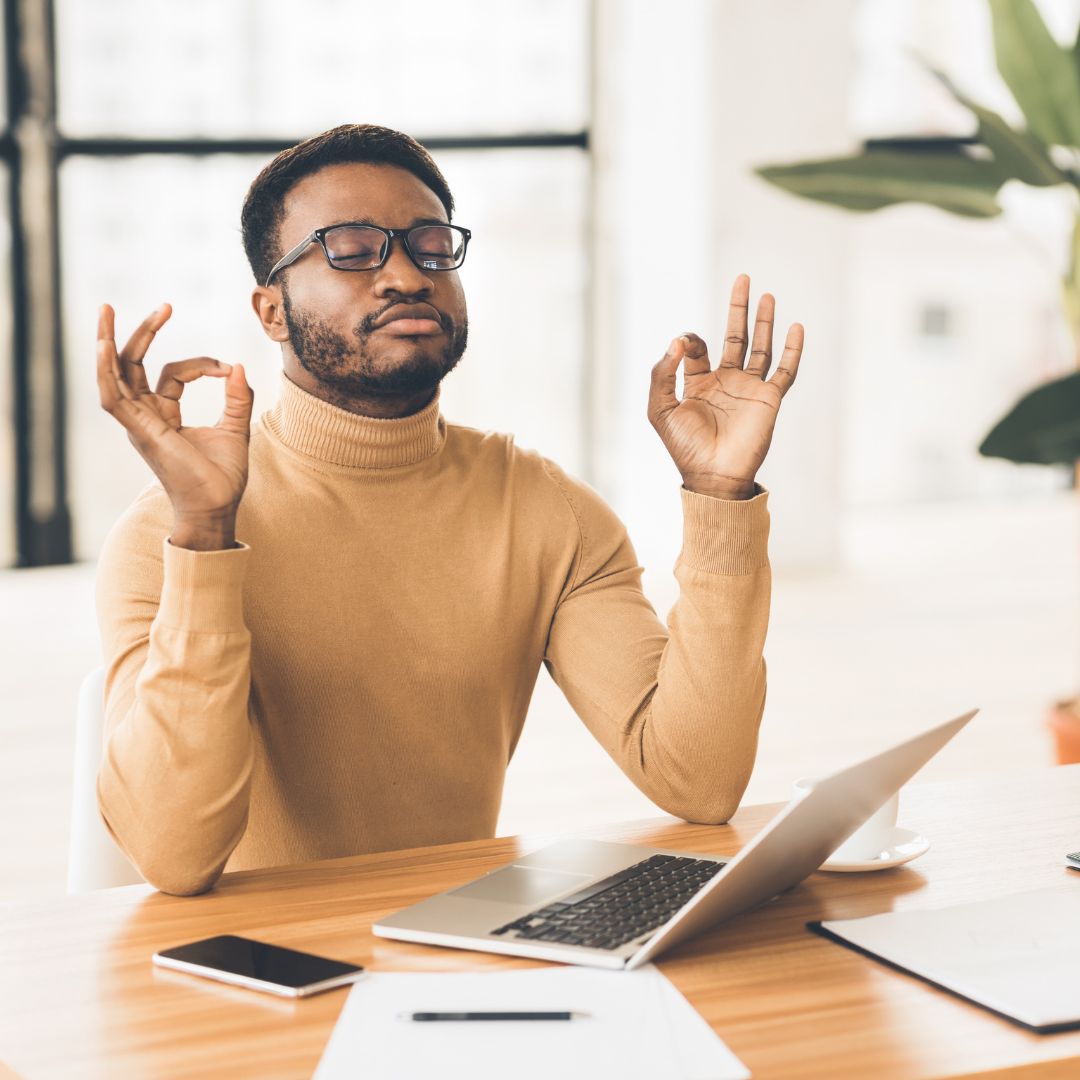It should come as no surprise that very few men can transition from having a mane of hair to a balding head with as much refinement and skill as Jason Statham. In today’s intensely competitive society everyone is trying to look younger, live longer, and, because of social media, are also constantly comparing themselves to others. This isn’t a recipe that’s good for the psyche!
Androgenic alopecia or male pattern balding is a genetic condition where a male sex hormone called DHT (dihydrotestosterone) overstimulates the receptors in your hair follicles weakening your hair growth cycle and causing your hair follicles to shrink, and eventually die, in a process known as miniaturisation. It also causes more hairs to shed and over time creates an obvious balding pattern on the front and vertex of the scalp.
This small physical change can have a dramatic impact on men’s confidence.
The knock to confidence is often more significant when hair loss occurs in single men or at an early age when the majority of other men still have a full head of hair (again, you can thank Instagram).
So, why does hair loss impact confidence? Well, in today’s world, a healthy and thick head of hair has become symbolic of power, good looks, charm, and beauty. So, hair loss is a sign of perceived ageing and a lack of attractiveness, vitality, and desirability. And that can be harrowing.
This stressful change in physical appearance can diminish men’s self-image, increase anxiety, decrease self-esteem, and even cause instances of social avoidance. Some research has shown that hair loss can lead to a general feeling of being ugly and even, in some extreme cases, it can lead to a body dysmorphic disorder where a person has overwhelming anxiety about their looks.
So, the biggest psychological issue caused by male pattern baldness isn’t actually the hair loss, but the impact that the balding has on men’s confidence. This lack of confidence turns men into anxious, depressed and self-loathing versions of themselves.
That is not ayoba.
What to do if you have hair loss?
You can rest easy knowing that there is a solution for male pattern balding.
First – be proactive. The earlier you start treating hair loss and taking care of your hair the more likely you are to avoid needing to face balding, or the negative feelings caused by balding, at all.
Second – treat it. If you think you’re experiencing hair loss and can see signs of a receding hair line or thinning crown, seek out treatments. Clinically proven medicines such as Finasteride and Minoxidil are known to stop and even reverse hair loss. You could also try natural DHT blockers like beta sitosterol or saw palmetto.
Third – be consistent. Treating hair loss is a long-term commitment. To get results (and keep them) you need to use your treatment every day. While it may take a number of months to start to see results when treating hair loss, consistent treatment can help the physical and psychological effects of balding.
To get started, complete our online hair loss consultation.
The articles published by &BAM are for informational purposes only and do not constitute medical advice. If you have any medical questions or concerns, you should contact your doctor.


